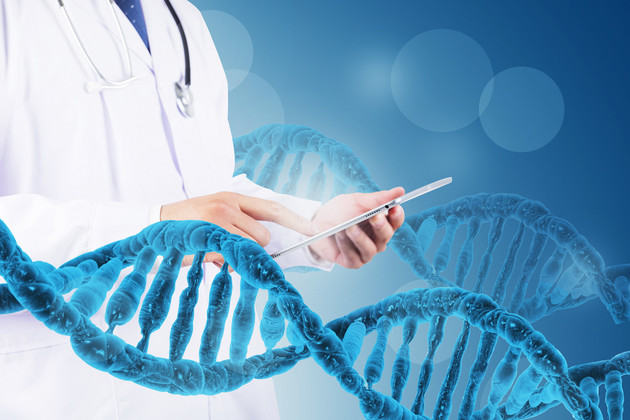
Photo/Shetuwang
June 24 (NBD) -- The regulation on the management of human genetic resources published by the State Council, China's cabinet, will take effect from July 1, in a move to enhance protection of human genetic resources, promote proper use and tighten regulation and supervision.
Genes are the blueprints for human bodies, containing the instructions for building bones, enabling muscles to move, controlling digestion and keeping the heart beating. To protect human genetic resources is a matter of not only national interest, but also national security and public safety.
"No country in the world keeps aloof from its genetic resources," Tian Baoguo, director of China's human genetic resources administrative office, once remarked.
The regulation published by the State Council specifies procedures for collecting, storing and using genetic resources and calls for supervision over bioscience researches and medical practices including "gene-editing".
National Business Daily noticed that He Jiankui, associate professor at Southern University of Science and Technology, last November claimed to have edited the DNA of human embryos to create HIV-immune twin baby girls. The experiment sparked public uproar and was criticized by scientists worldwide.
Zhai Xiaomei, executive director of the Center for Bioethics, Chinese Academy of Medical Sciences, noted that no scientist in any country has the right to alter the gene pool of mankind, as the consequence of any change is unpredictable.
Besides, security of genetic data has raised public concerns with gene testing prevailing nowadays. In October 2018, the Ministry of Science and Technology issued a fine to Chinese gene giant BGI and five other companies for misconduct on collecting, trading, exporting, and exporting human genetic resources out of the country.
To avoid an illegal outflow of China's human genetic information, the regulation bans trading human genetic resources. Offenders will be fined a minimum of 1 million yuan to a maximum of 10 million yuan. And any act to make public human genetic resources information or to provide such information to foreign countries for scientific research should be approved and recorded.
"Human genetic resources is a treasure of strategic significance. To protect and use them properly means a lot to China's scientific research, especially biotech development," stressed Xu Nanping, vice minister of science and technology.
Email: gaohan@nbd.com.cn


 川公网安备 51019002001991号
川公网安备 51019002001991号





